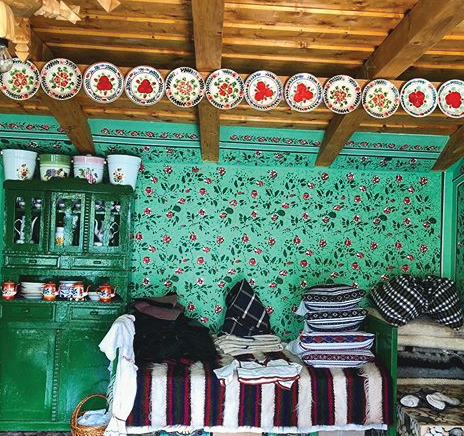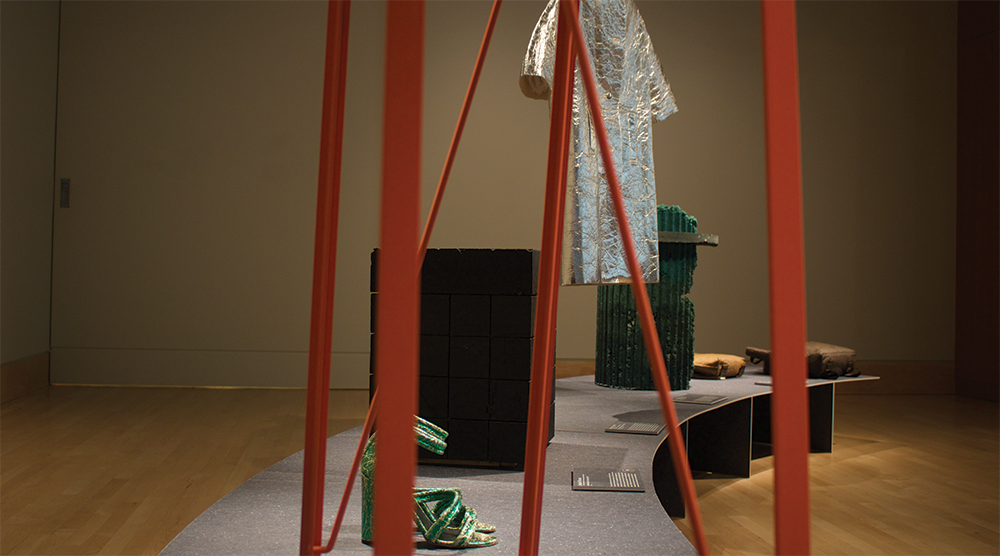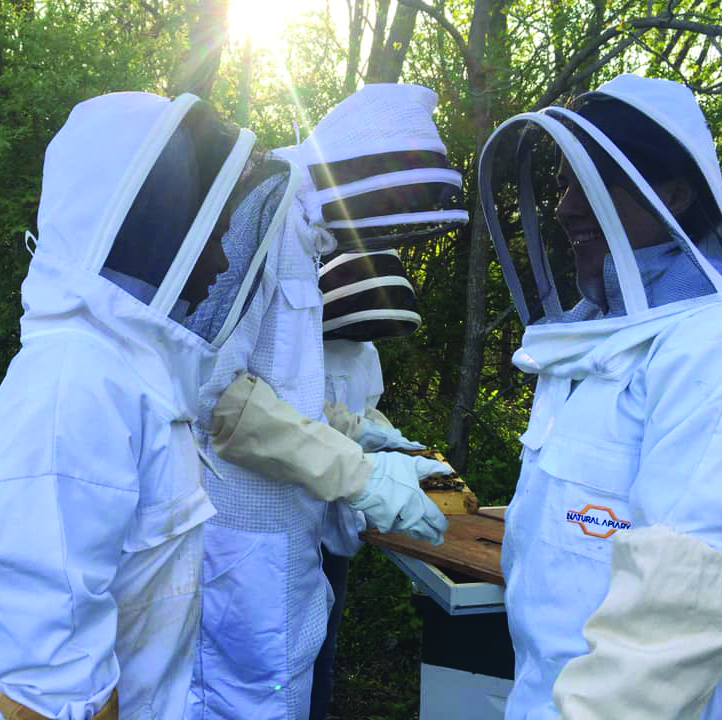Before any product reaches the hands of a consumer, it passes through a network of actors catering to its production, distribution and, eventually, sale. Each step in this supply chain determines a company’s social and environmental footprint, or the effects a product has on its manufacturers and the environment.
With 65% of consumers worldwide looking to reinforce ethical production practices through their purchases, factors such as considerations of human and labor rights and occupational health and safety comprise important elements of a firm with ethical practices, especially given that human beings are wrapped up in these long processes of production, according to the Medium blog Firm Ethics.
Transparency, spanning from the very first stages of sourcing raw wool to the creation of the final woven piece, plays a critical role in creating an ethical supply chain, according to Mihai Patru, co-founder with Diana lovescu Tătucu of the social business Mozaïque, based in Washington, D.C.
Mozaïque markets linens, rugs, blankets and the like, handwoven by artisans in Guatemala and Romania, but does so with the ardent goal of creating financial predictability for the local farmers and weavers who source and produce its products.
“We [have] been very focused on really understanding who is involved and what are the resources that are part of the production process,” Patru said in a phone interview with The Hoya. “And usually those people that are ignored, they need to get paid.”
For a social business like Mozaïque, creating a well-defined, traceable supply chain that forges direct connections between small farmers and weavers means providing those individuals with a stable and predictable source of income, according to Patru.

“Establishing a connection between the small farmers and the weavers — a direct connection — the weavers will have access to good quality wool, and the farmers will generate additional income by selling the wool,” Patru said. “Once they are able to predict their income for, you know, the next six months or the next month, everything changes.”
For larger corporations that are not social businesses and do not apply a careful eye to every step of their supply chain and production process, independent monitors of workplace ethics fight to identify violations of workers’ rights and establish ethical standards. The Worker Rights Consortium, which Georgetown University co-founded, applies these standards to collegiate licensed apparel supply chains and contracts made between manufacturers and universities as a totally independent body.
The Consortium has 172 colleges and universities as affiliates, which must disclose every factory in their supply chain so that the WRC may investigate any complaints by workers of the companies licensed to produce apparel. The WRC then reports this information to universities to enforce their contracts with the licensees to correct any violations of ethical conduct.
The WRC serves to promote the actual remediation of unethical practices by apparel brands rather than cutting ties with those factories, according to Vincent DeLaurentis Jr. (SFS ’17), program coordinator at WRC.
“The brands that source from the factories have a clear obligation to improve the conditions and to fix the violations, and not to just cut and run from the factory,” DeLaurentis said in a phone interview with The Hoya. “Because, at the end of the day, if the brands were just to abandon the factories, another brand would either step in and fill that order quota, and the problems would still be outstanding, or the factory would close, and the workers will lose their jobs, which would leave them in a bad position also.”
This remediation is facilitated by a combined effort of consumers, affiliate universities such as Georgetown, student activists and the WRC, as in an instance earlier this year concerning the factory PT Kahoindah Citragarment in Indonesia.
Factory management intimidated workers to resign to avoid doling out severance payments of $4.5 million, but the WRC’s investigation recovered those severance payments, the largest amount the organization has ever won back for workers, according to a memo from the WRC.
From withheld severance payments to gender and sexual orientation-based discrimination, rights violations, and therefore unethical supply chains, come in many different forms. Even the seating hurts the quality of life for factory workers with long-term health problems, according to DeLaurentis.
“Maybe, at face value, [seating] doesn’t seem like the biggest issue. But if you’re going to be a garment worker for 30 years, and you’re going to be sitting in the same chair every day for those 30 years that doesn’t have a back support, that isn’t set up to make sure that you’re supported in the correct ways — eventually it’s going to break down your body totally,” DeLaurentis said.
A commitment to making consumption less exploitative lies at the heart of creating ethical, sustainable business practices, which means making a concerted effort to create better work environments, according to Patru.
“Maybe, probably one of the most important lessons that we’ve learned: It’s a process that takes time,” Patru said. “That’s, I think, you know, doing all the small things and [at] the end of the day you have to be sustainable, being happy having an ethical approach.”
















